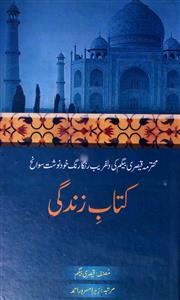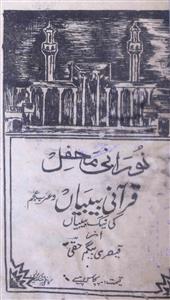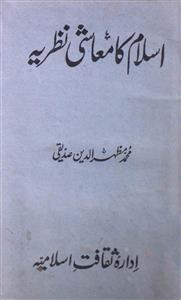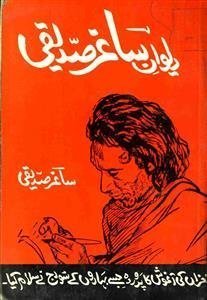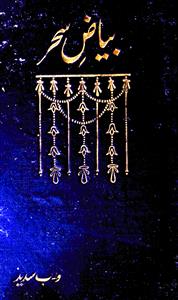 For any query/comment related to this ebook, please contact us at haidar.ali@rekhta.org
For any query/comment related to this ebook, please contact us at haidar.ali@rekhta.org
About The Book
پیش نظر قیصری بیگم کی خودنوشت سوانح عمری ہے۔جس میں ان کے خاندان ، ددھیال اور ننھیال کے علاوہ ان کی زندگی کے اہم واقعات ، تجربات ، مشاہدات اورروایات کو سادہ سلیس بے تکلف انداز میں پیش کیا ہے۔ قیصری بیگم نے اپنی حیات میں چھوٹا سا مکتب چلایا، دینی موضوعات پرکئی کتابچے لکھے ، چٹکلے ، آزمودہ نسخے ، گیت، کہاوتیں ، حمد و نعت کے رسالے بھی لکھے ۔اس کے علاوہ لغات القران مرتب کی۔ مذکورہ تحریروں کا تجزیہ بھی سوانح حیات میں درج ہے۔ اس سوانح حیات کوزہرا مسرور احمد نے مرتب کیا ہے۔
About The Author
Qaisari Begum (1888-1976) was born into a prominent political and literary family in Delhi; her grandfather, Deputy Nazir Ahmad (1831-1912), is regarded as the first Urdu-language novelist. Qaisari Begum grew up engaged in political and activist-oriented spheres, and was invested in community service, often focusing on issues of women’s education, throughout her life. As a young woman in 1928, she was chosen to attend the All India Women’s Conference in Delhi, as a delegate from Hyderabad. The historic conference addressed women’s rights, early marriage, and divorce among other pressing issues. Qaisari Begum also authored Kitab-i Zindagi (The Book of Life), an autobiography of her life’s work that is cherished and read by many today. The autobiography takes the reader through Qaisari Begum’s many travels between Delhi and Hyderabad and even Hajj, while still retaining a unique focus on the questions and concerns of domestic life. Her accounts were never written with the intention of publishing and widespread circulation: the intended audience was primarily her family members. The pieces, 260 in total, bound in seven separate notebooks, were kept by Qaisari Begum’s daughter Muhammadi Begum. Before Qaisari Begum’s passing, her brother’s grandson Shan-ul-Haq Haqqi (1917-2005) published her accounts in the literary journal, Urdunama, and the pieces were subsequently celebrated at large for not only their content, but also Qaisari Begum’s unique voice and writing style. Qaisari Begum was ecstatic upon hearing that her private writings had found such an extensive audience, although the series came to a sudden and saddening close when Urdunama shut down in 1976. Qaisari Begum passed away soon after, but her work was published as Kitab-i Zindagi (The Book of Life) in 2003, when her granddaughter Zehra Masroor Ahmad prepared a fully edited and published edition (republished 2018).
 For any query/comment related to this ebook, please contact us at haidar.ali@rekhta.org
For any query/comment related to this ebook, please contact us at haidar.ali@rekhta.org
